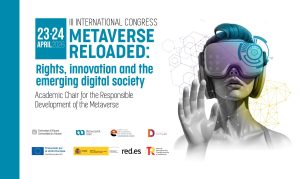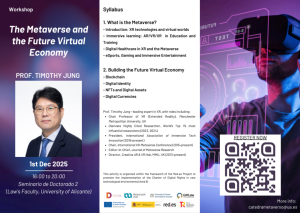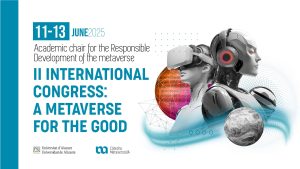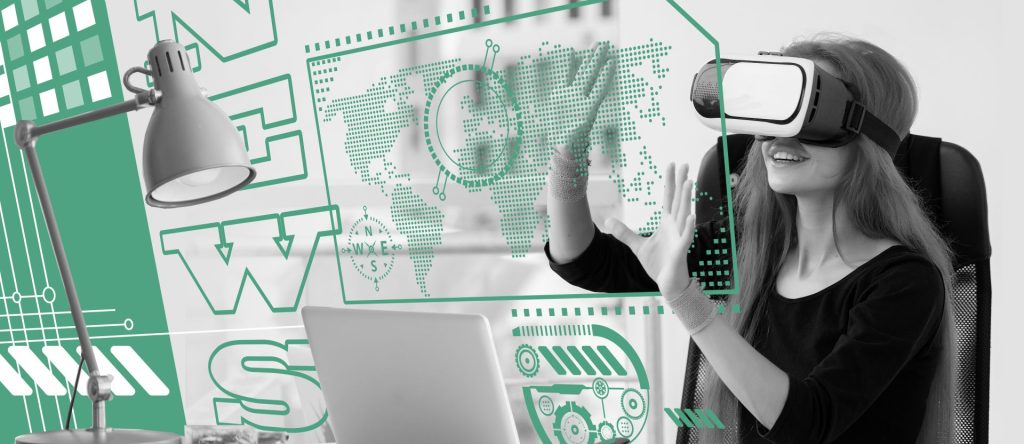
The MetaverseUA Chair Newsletter #4 - December 2023
Hello,
Here we go again! Welcome to the last edition of our cherished newsletter for 2023. In this issue, we’ve compiled the most recent and captivating articles about IA/Metaverse/Immersive Technologies for you to peruse. Feel free to choose the ones that pique your interest, though we highly recommend not missing out any of them—Gotta catch ‘em all!

When AI helps…
This article from Artificial Intelligence and Law introduces a somewhat familiar application of AI, but this time applied to legal contexts. Precisely, it explores how AI, through techniques of automatic text summarization, can benefit the analysis of legal cases, reducing the workload of judges and lawyers.
Following the thread of the use of generative AI for legal purposes, there’s this article that aims to gauge ChatGPT’s potential influence on European patent language rules, suggesting the need for potential new regulations.
Continuing with the benefits of the new technological advances and specifically the Metaverse, there’s an article -from Philosophy & Technology Journal- that delves into the potential Metaverse applications for the common good and on the tension between corporate rights and social justice as goals to be pursued within this new virtual framework. This work is a response to the article «The Metaverse: Surveillant Physics, Virtual Realist Governance, and the Missing Commons” by Andrew McStay, which highlighted the ethical and political doubts regarding the Metaverse and its possible captious use. This latter paper shows the other side of the coin, by discussing the enormous possibilities for users of the Metaverse, precisely because of the potential of virtual worlds to eliminate scarcity.
Tale as old as time…
Now, about the importance of legal rights and their protection in these new digital scenarios, we would like to highlight the following two articles
“New digital rights: Imagining additional fundamental rights for the digital era». Basically, this work is a reminder of (i) the need to adapt the protection of preexisting rights to whatever technology is being used; and (ii) the potential need of reformulating or even creating new rights that bring protection to aspects that are not fully or not protected in any way in these digital frameworks.
As the technology is spreading it seems logical that conflicts between two fundamental rights, such as freedom of expression and privacy, become increasingly prevalent. In «Right of freedom and right of privacy: the encryption” they emphasize the need to adopt a proportionality approach when deciding to encrypt some information or not doing so, according to the right that prevails in each situation.
What if technological advances contain the key to immortality?
This digital era is bringing to real life science fiction-like scenarios such as a hypothetical transfer of consciousness or uploading our minds to a computer by means of a brain-computer interface. This idea of a collective mind that surpasses our individual identity has already been explored in fiction: check out «Transcendence» (a film directed by Wally Pfister) or even better, check out (hopefully at least the 2nd or 3rd time you watch it) the “Matrix”.

Well, for these computer processes to evolve they need an enormous quantity of brain data that are of the utmost sensitivity in terms of privacy. That’s why, according to the Leon Declaration on European neurotechnology, those neurotechnologies must be human-centered and focused on human rights. In addition, along with this idea of transcending, technological advancements could lead us to the concept of potential immortality, even if limited to our voices for the time being —just mention that to the Beatles and the tailor-made artificial intelligence software employed to create their 2021 documentary “Get Back” (only available for Disney Plus suscriptors) and the song «Now and then”, already released and which you can get to know better in this short film on Youtube.

Indeed, the AML (Audio Machine Learning) software employed in such documentary makes it possible to separate audio data from other white noises or types of data -this article helps you understand it better- and that’s how that historical reunion came to be.
So while there’s who want to live forever …

…there’s also some who want to be forgotten, which according to this article is a right that needs to be re-evaluated in its scope in light of digital developments.
Precisely and continuing in the (non-fundamental) rights topic and their possible infraction, you can check this article on whether using an AI text generator to produce academic writing could be considered plagiarism. This is a matter that links too with the one treated in the piracy of artificial intelligence: the use of works in the training of generative AI models” (the original is in Spanish). Both of them deal with IP rights as a limit that the use of generative AI faces as long as these systems use as training data images, documents or even sounds that could be under copyright, patent or other protection.
Finally, you could also check some different resources about the consequences of using AI:
To begin with, there is Our World In Data, which will let you understand better the potential economic value of this exponentially growing business model and includes interesting information such as the annual global corporate investment in AI. You can also take a look at the people’s opinion regarding how they feel about the AI’s impact on society in this 2.000 person poll -“Hope, fear, and AI”. The results…are not encouraging!: they “forecast all sorts of dangers, from job losses (63 percent) to privacy threats (68 percent) and government and corporate misuse (67 percent).

And with that, dear Metaverse dwellers, we conclude our final last newsletter of 2023. As the current year undergoes its update, we won’t cease to work to make the next season even more epic.
We hope your holidays are filled with festive memes, algorithms of joy, and interdimensional connections. Until our next rendezvous in the digital multiverse,
May your code run smoothly, and your quests be grand.
Últimas noticias y eventos
-
02 Dic 2025 EventosCall for Papers - III International Congress of the MetaverseUA Chair: “Metaverse Reloaded: Rights, Innovation and the Emerging Digital Society”” University of Alicante, 23-24 April 2026
-
25 Nov 2025 EventosNew Workshop | The Metaverse and the Future Virtual Economy, by Prof. Timothy Jung
-
14 Nov 2025 NoticiasMetaverseUA Chair Newsletter #22 – November 2025
-
24 Oct 2025 NoticiasMetaverseUA Chair Newsletter #21 – October 2025
-
28 Jul 2025 EventosHit play: Recordings from the II International Congress now available!


